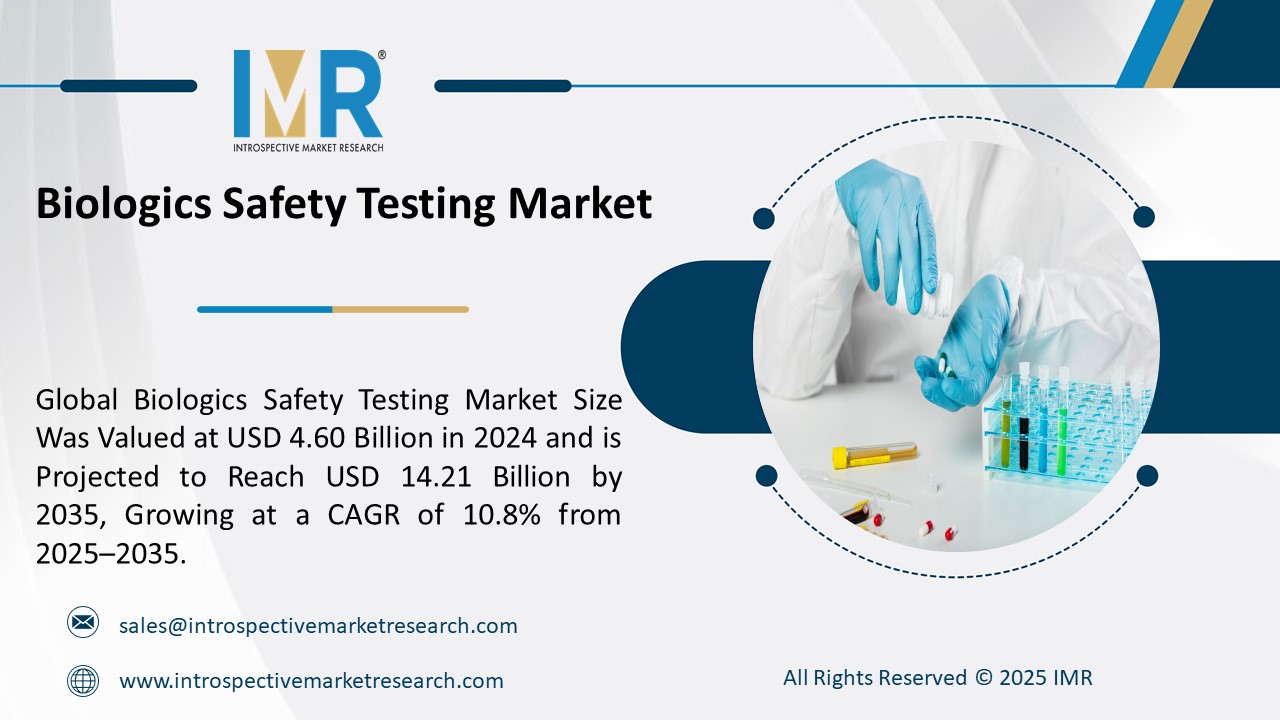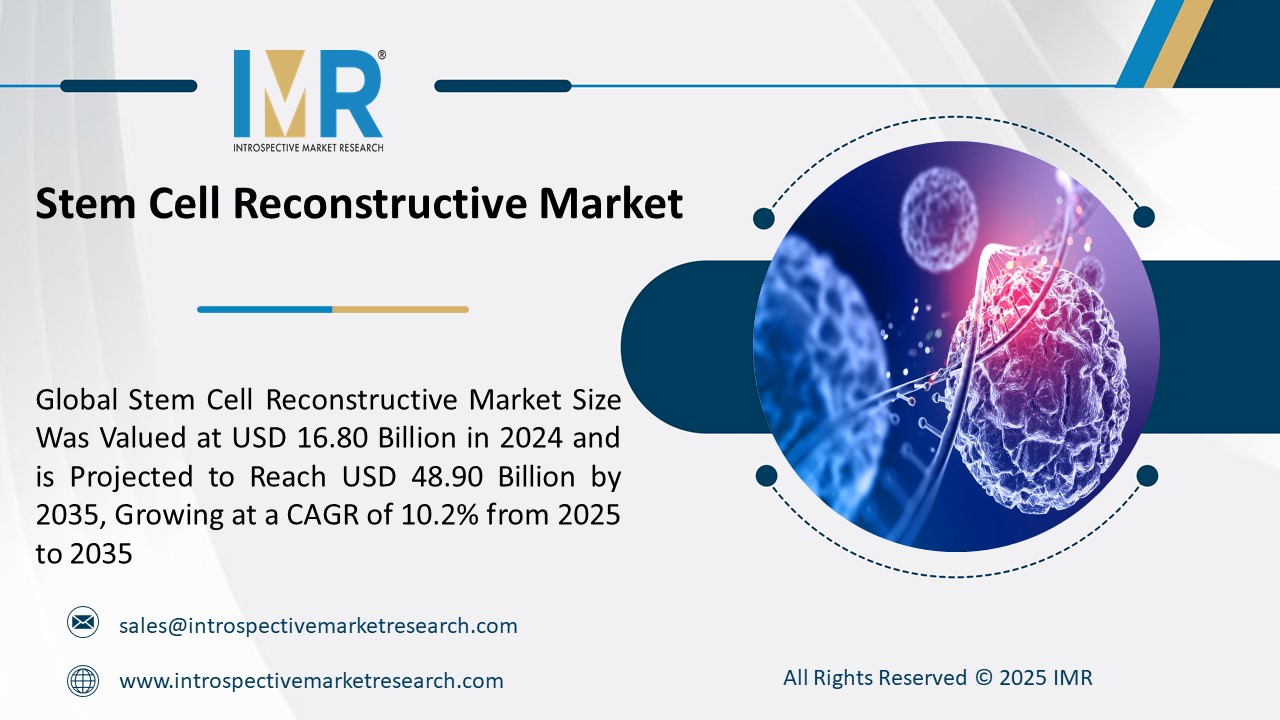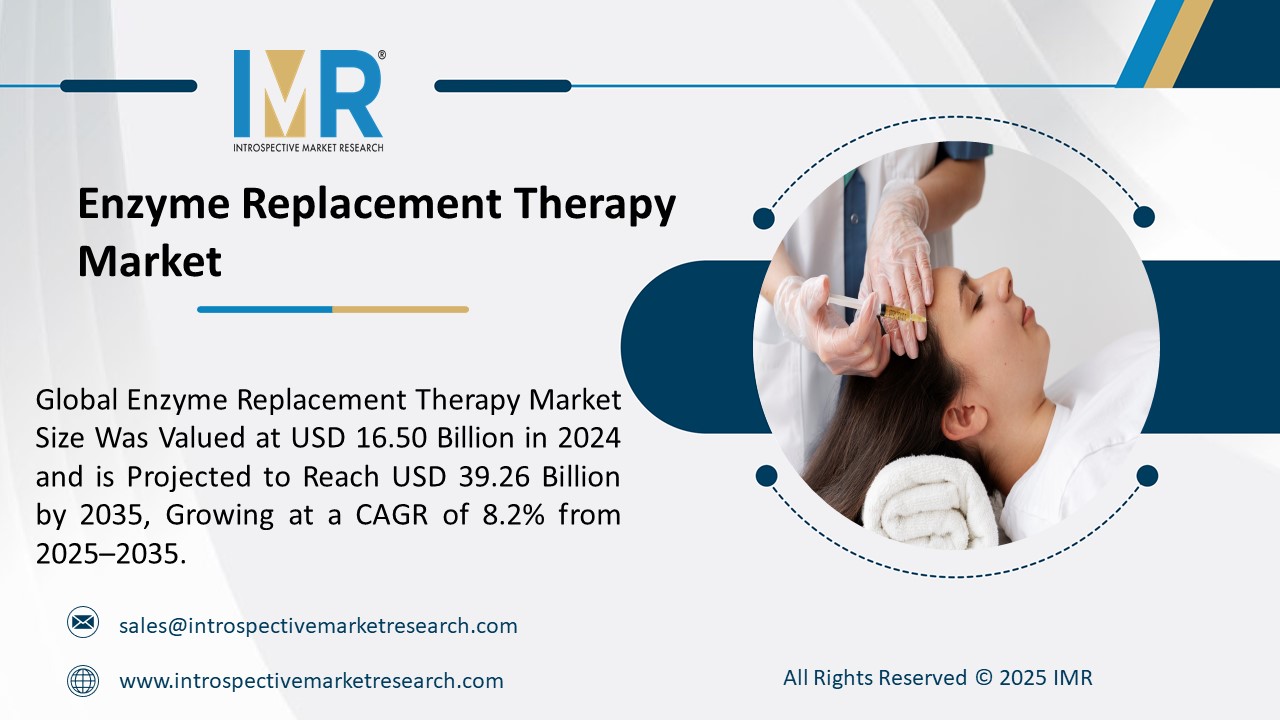
global Blockchain In Agriculture Market size was valued at $ 537.97 Million in 2023, and is projected to reach $ 7426.78 Million by 2030, registering a CAGR of 45.6s% from 2023 to 2030.
A blockchainis an untrusted third-party digital transaction record that is maintained by a network of several computing devices. Software platforms that enable data to be transferred, processed, stored, and displayed in a human-readable format are used to manage individual transaction data files or blocks. Global adoption of blockchain technology in the agriculture sector has increased. Food safety, traceability, and supply chain management were among the key applications. Improved trust and less fraud were the results of increased transparency in the production and distribution systems, which benefited farmers, retailers, and customers.
The agricultural ecosystem employed smart contracts, a blockchain feature, to automate and guarantee the implementation of agreements. Additionally, this technology made transactions between stakeholders faster and more secure. In the market, blockchain solutions were implemented and scaled through partnerships between technology suppliers and agricultural groups. Governments and business leaders realized how blockchain technology would revolutionize agriculture, which led to the creation of a legislative framework that was advantageous.
One major factor propelling the adoption of blockchain technology in the agriculture industry is the growing number of Machine-to-Machine (M2M) and Internet of Things (IoT) connections. The increasing reliance on data-driven modern farming methods has led to a need for transparent and safe systems to communicate, manage, and validate the massive volumes of data produced by this networked equipment. Blockchain solves important issues in agriculture, including data integrity, traceability, and confidence amongst many supply chain players, with its decentralized and tamper-resistant ledger. It increases efficiency and lowers the risk of fraudulent activity by enabling the secure and seamless sharing of real-time information across several devices and institutions.
The application of blockchain technology to agriculture ensures the accuracy of data about crop conditions, logistics, and quality by facilitating transparent and auditable transactions. Blockchain-enabled smart contracts streamline operations and lessen dependency on middlemen by automating procedures and enforcing agreements.
Blockchain technology integration in the agriculture business has a lot of potential thanks to the increasing integration of 5G services with satellite communication. In rural and isolated agricultural areas, the combination of 5G and satellite communication improves connectivity and data transmission capacities. A data-rich environment in agriculture is fostered by this enhanced communication infrastructure, which makes it possible to collect data in real time from a variety of sources, including sensors, drones, and satellite pictures.
By offering a transparent and safe decentralized ledger for tracking and managing supply chain operations, smart contracts, and agricultural transactions, blockchain technology can take advantage of this glut of data. Blockchain applications in agriculture can be implemented more easily because of the dependable and quick data transmission provided by the combination of 5G and satellite connectivity.
Global Blockchain In Agriculture Market, Segmentation
The Blockchain In Agriculture Market is segmented based on type, provider, application, and region.
Provider:
The market for blockchain in agriculture is expected to be significantly dominated by the application and solution provider sector. Blockchain technology will play a critical role in transforming the agricultural industry as it increasingly embraces digital change. Application and solution providers are essential in providing cutting-edge, customized blockchain solutions to meet the particular difficulties the agriculture sector faces.
These companies provide a wide range of applications, from transparent transactions and smart contracts to supply chain management and traceability. Stakeholders in the agricultural value chain can improve transparency, expedite processes, and reduce fraud risks by utilizing blockchain. Participants' trust is increased by the decentralized and secure nature of blockchain, which guarantees data integrity.
Application:
The product traceability monitoring market is growing in popularity because it tackles important issues including food safety, preventing fraud, and adhering to regulations. Stakeholders in the agricultural supply chain can trace and document each step of the production, processing, and distribution process by utilizing blockchain technology, which creates a transparent and unchangeable record. To achieve strict quality and safety standards and build consumer trust, traceability is becoming increasingly important. Furthermore, blockchain technology lowers inefficiencies, lessens the possibility of errors or anomalies in the supply chain, and enables real-time monitoring.
Region:
North America's technological superiority combined with a fast-changing agricultural landscape positions it to become a dominant force in the Blockchain Agriculture sector. The region is leading the way in the implementation of blockchain technology in agriculture because of its innovative attitude towards embracing cutting-edge technologies and its strong digital innovation infrastructure.
Blockchain technology is revolutionizing the agricultural industry by solving issues like data transparency, traceability, and inefficiencies in the supply chain. More and more agribusinesses and farmers in North America are realizing how blockchain technology may improve the whole agricultural value chain, from distribution to production. By lowering fraud risks and guaranteeing the integrity of data about the origin, quality, and handling of agricultural products, this technology makes it possible to retain records securely and transparently.
Some of The Leading/Active Market Players Are-
- IBM (USA)
- Microsoft (USA)
- Oracle (USA)
- Deloitte (USA)
- SAP (Germany)
- Bosch (Germany)
- PwC (UK)
- Accenture (Ireland)
- EY (UK)
- Amazon Web Services (USA) and Other Active Players
Key Industry Developments
- In May 2023, Arable introduced its ground-breaking platform, which uses blockchain-powered traceability to link farmers and consumers directly. Customers may view the full food supply chain, from farm to table, by scanning the QR codes on items, which promotes transparency and trust.
- In June 2023, IBM Food Trust Grows Blockchain Network: In 2023, Carrefour and METRO became new members of IBM's Food Trust network, which is already utilized by significant food companies like Walmart and Unilever. The network's influence and reach in guaranteeing food provenance and safety are strengthened by this development.
Key Findings of the Study
- The global blockchain industry for agriculture is expected to develop at a compound annual growth rate of 45.5% between 2023 and 2030, presenting substantial economic prospects.
- Adoption is fueled by an increase in M2M/IoT connections, and data transmission is improved by 5G and satellite integration.
- North America is the innovation leader in the industry, highlighting opportunities to increase transparency and efficiency.





